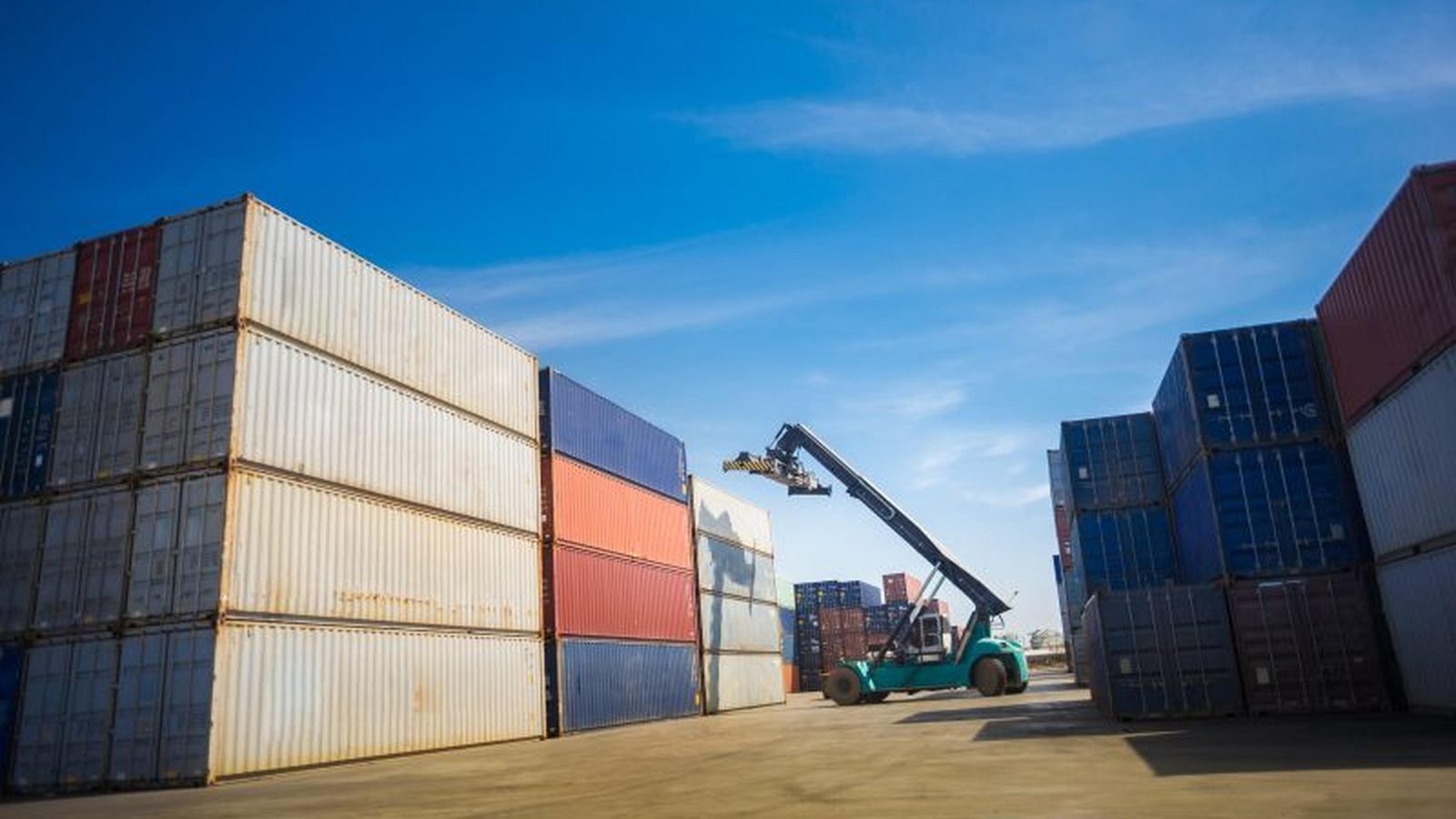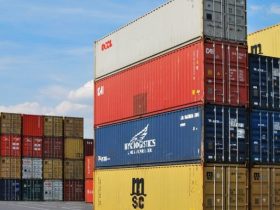
Luxembourg’s main imported goods
Luxembourg, a small yet highly developed nation in Western Europe, imports a diverse range of goods due to its limited natural resources and strong economic integration within the European Union (EU). The country’s economy thrives on financial services, advanced industries, and trade. Below is an overview of Luxembourg’s main imported goods:
1. Machinery and Equipment
Luxembourg heavily imports machinery, including industrial machinery, construction equipment, and electronic devices. These imports are essential for supporting the country’s advanced manufacturing and technology sectors. Computers, telecommunications equipment, and automated systems are prominent in this category.
2. Vehicles
Automobiles and vehicle parts are significant imports for Luxembourg. The country has a high demand for luxury cars, electric vehicles, and commercial vehicles, reflecting its affluent population. Major sources include neighboring Germany and other EU countries known for their automotive industries.
3. Mineral Fuels and Oils
Due to its lack of natural resources, Luxembourg imports a substantial amount of energy products such as petroleum, natural gas, and other refined oil products. These are used for transportation, industry, and heating purposes.
4. Pharmaceuticals and Medical Equipment
Pharmaceutical products and medical devices are crucial imports for Luxembourg’s healthcare sector. The country relies on foreign producers for a wide range of medications, vaccines, and cutting-edge medical technologies.
5. Food and Beverages
With limited agricultural output, Luxembourg imports much of its food supply. Fresh produce, dairy products, meat, seafood, and beverages, including wine and spirits, are major imports. Neighboring countries such as France, Belgium, and Germany are key suppliers.
6. Metals and Metal Products
Luxembourg’s steel industry requires imports of raw materials like iron ore, aluminum, and other non-ferrous metals. Finished metal products, including construction materials, are also imported for the nation’s infrastructure projects.
7. Chemicals
Luxembourg imports a variety of chemicals, including industrial chemicals, agrochemicals, and specialty chemicals for its manufacturing industries. These materials are vital for sectors such as construction, automotive, and advanced manufacturing.
8. Textiles and Apparel
Although small, Luxembourg’s demand for textiles and apparel is notable due to its wealthy population. Luxury clothing, footwear, and high-quality fabrics are among the most imported items in this category.
9. Electronics and Consumer Goods
Luxembourg imports a wide array of electronics, including household appliances, smartphones, and entertainment systems. These products cater to both its residents and businesses, particularly in the tech and financial sectors.
10. Plastics and Plastic Products
Plastics, including packaging materials and industrial plastic components, are another key import. These are used in manufacturing, consumer products, and the construction industry.
Major Trade Partners
Luxembourg’s main trading partners include neighboring EU countries such as Germany, Belgium, and France, along with countries like the Netherlands and China. The nation benefits from its location at the heart of Europe, which facilitates efficient trade within the EU’s single market.
Conclusion
Luxembourg’s imports reflect its reliance on international trade and its advanced, diversified economy. Machinery, vehicles, energy products, pharmaceuticals, and food dominate its imports, underscoring the country’s integration into global supply chains. By leveraging strong trade relationships and efficient infrastructure, Luxembourg continues to maintain a robust economy despite its small size.




Leave a Reply